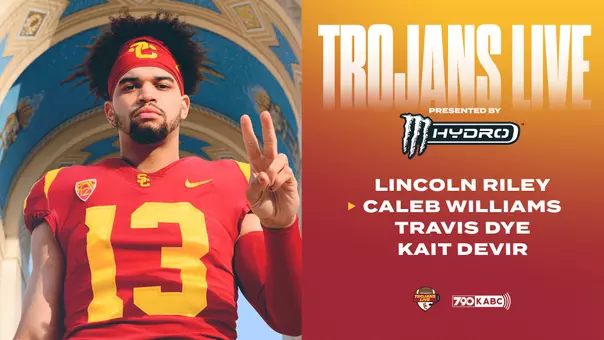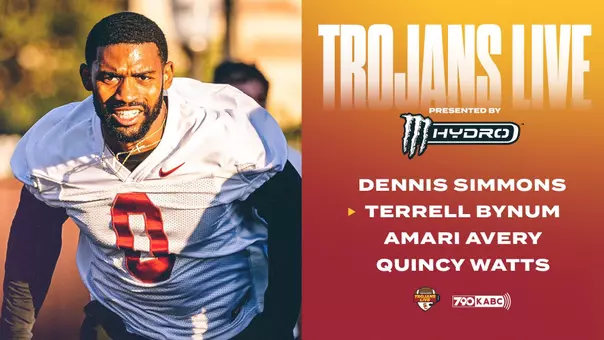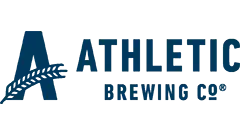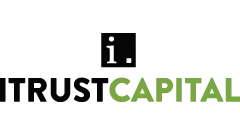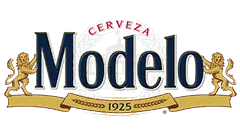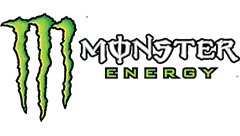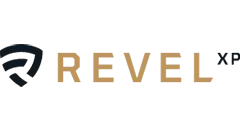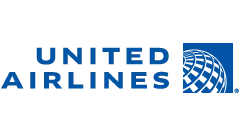Name: Kimberly Popp
Resume: eSports Performance Manager at Red Bull
Sport at USC: Diving
Caroline Deisley (CD): You were an engineering major at USC. How hard was that to manage with diving?
Kimberly Popp (KP): I'm not going to say it was easy, but luckily there are 24 hours in a day. The hardest part was trying to figure out scheduling. Diving practice is held right in the middle of the day. Our coach, Hongping, was pretty flexible and worked with my schedule. But, it did mean dreaded Friday night labs from 5:00-9:00 p.m., and that my work as a lifeguard was scheduled from 6:00-8:00 a.m. I also learned a few lessons the hard way. For example, take classes in the order they are recommended...Computer Programming 1 should definitely come before Computer Programming 2.
CD: Coming to USC, would you say that you had an idea of what you wanted to do after college?
KP: When I began school at USC, I had no idea what I wanted to do after graduation, let alone what I wanted to study.
CD: How or why did that change?
KP: My first semester I took the Engineering 101 course because I always enjoyed math and science. The guest speakers in the class had some of the coolest jobs I had ever heard of, and I really began to believe that a degree in engineering could set me on the right path towards any career be it in engineering, science, business, etc. Building a robot was pretty fun too.
The spring semester of my freshman year I took Dr. Girandola's Intro to Kinesiology (now Human Biology) course. Its direct application to athletics fascinated me, and I continuously wondered how I could apply the lessons learned in the lab to my endeavors in the pool. So, I picked up a minor in Kinesiology to learn more.
The only question that remained was what type of engineering? I ended up studying Mechanical Engineering because I still didn't know what I wanted to do when I was done with school, and mechanical seemed to have the broadest range of applications in the working world.
CD: Can you think of any experiences in college that prepared you to get where you are now?
KP: My sophomore year my dad sent me an article about this lab on campus that was studying diving. It was a biomechanics lab and seemed to blend the studies of mechanical engineering and kinesiology. I couldn't have asked for a more perfect fit. So, I promptly emailed Dr. McNitt-Gray to see if there was any way I could learn more or even help in the lab. We set up a meeting to see the lab and she put me straight to work.
Of all the projects I worked on over the next four years, the work in diving was my favorite. During that time, I spent countless hours watching videos and creating overlays of the greatest divers performing in competition. I learned valuable lessons about diving mechanics that I believe I was able to transfer to my own diving and apply to the corrections I was given at the pool every day. Being fairly new to the sport, as a transplant from gymnastics, I imagine it helped me progress more quickly.
CD: Speaking of, how did you end up where you are now working as an eSports performance manager at Red Bull?
KP: After working in Dr. McNitt-Gray's lab I knew I wanted to work in sports in some capacity. So, beginning the summer after my fourth year, I started exploring possibilities and interning in the sporting world. I tried everything I could get my hands on - Performance Specialist Intern at Athletes' Performance, Diving Logger for NBC at the Beijing Olympics, Quality Assessment Engineer for a company that manufactures snorkel equipment, etc.
Right after I graduated from USC, I scored an internship in Sports Research for the Adidas Innovation Team. It was an application of the skills I learned in the biomechanics lab at USC. I continued to work in the sporting goods industry for a couple of years, and at a certain point decided that product was fun, but I really wanted to work directly with athletes to impact performance in any way I could.
Around that time, Dr. McNitt-Grey emailed me about a temporary Sports Technologist position for the United States Olympic Committee. After a period of consideration, I decided to move back to California for a three-month position offering half the pay of my current role at Adidas. Luck, timing, flexibility and hard work always seem to be a winning combination and after my second term ended, I was brought on the team at the USOC to continue working my dream job.
After the London Olympics, the preeminent High Performance program in the country at that time, Red Bull High Performance, was calling my name. Red Bull sports marketing fascinated me, and I emailed the HR department about a marketing program they were running for recent college graduates. They thought I was a recruiter based on the questions I asked, looked at my LinkedIn profile and emailed back saying they thought I would be a better fit for their High Performance Team. As luck and timing would have it, they were interested in a sports technologist and I began work at Red Bull just after Felix Baumgartner's Stratos jump.
I started working in eSports Performance about a year ago. eSports is currently growing at an exponential rate with universities adding scholarships for video game players and even the United States recognizing eSport athletes for U.S. Athlete Visas. Red Bull has been working in the realm, running events for a number of years, but has become more serious about athlete development in the space. I was offered the opportunity to work on performance in this field and couldn't turn down the offer to work in the new space. My role is basically to figure out how to improve performance in eSport players. As can be imagined, much of the focus is on the brain - using techniques and metrics from neuroscience, psychology, physiology, but also applying the principles of the effects of exercise and nutrition on the brain.
CD: How have you seen your two worlds collide? Is there anything you learned as a diver at USC that you carry with you in the professional world?
KP: For any student-athlete, time management and prioritization are essential. Those skills definitely pay off in the fast-pace environment at Red Bull. Resilience is another trait that translates to the working world. Your boss may be tough, but she/he in no way compares to the expectations of your coach. Thanks Hongping!
And lastly, we have a saying on the USC Dive Team, "if you believe, you can achieve." If you put your mind to it and go for it, nearly anything is possible.
CD: It's early, but what's next for you? Where do you see yourself going?
KP: I'm currently super excited about the adoption of high performance in college athletics. It is amazing to see universities adopt technologies used in the professional sporting world, such as the Catapult devices used by the USC football team and to see some universities adopt the ideation of an integrated approach to performance with each service provider (trainers, PTs, nutritionists, psychs, etc.) working on a holistic approach to athlete performance and wellness. In the future, I can see myself working on one of these teams aiming for a better assimilation of technologies and university research within the athletic program.


